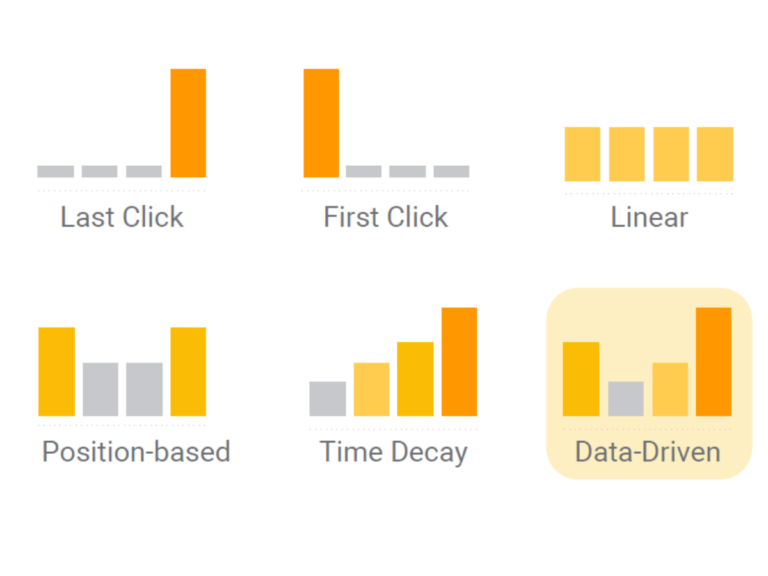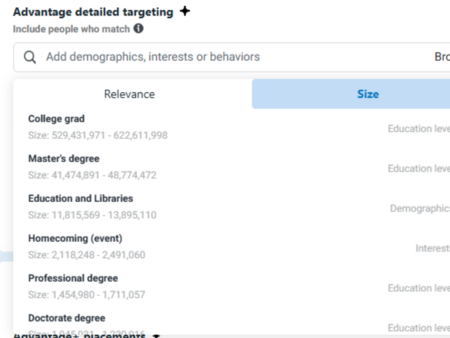Google Ads just made a major update to its Optimization Score, introducing insights into specific competitor impacts on impression share. This new feature highlights when other advertisers, including industry giants like Amazon or eBay, affect your campaign’s visibility, providing greater transparency into auction dynamics. While this could be a powerful tool for strategic bidding, it also brings a new risk: the temptation to chase visibility by boosting bids—potentially driving up costs without delivering consistent return.
Via Craig Graham on LinkedIn
What’s New With Competitor Insights?
Google’s Optimization Score doesn’t just focus on general performance improvements anymore; it now reveals when competitors are impacting your impression share. If a competitor’s aggressive bidding is driving down your visibility, this insight can help to explain sudden changes in performance metrics. This is especially valuable for understanding why a campaign’s reach or cost structure may be shifting or providing diminishing returns.
One important thing to remember: just because you can now see competitors bidding up in your market doesn’t mean they weren’t before. It’s imperative not to get carried away with competitor impression share, especially with businesses like Amazon who often have 90%+ in just about every market. Raising bids to “keep up” with competitors may seem like a quick fix, but it often means increasing your CPCs and paying more without seeing proportionate gains in conversions or revenue.
What This Means For You
Google’s new competitor insights offer both opportunities and challenges. On the one hand, this update provides valuable data to refine your strategy and makes it easier to understand when competition is the main driver of fluctuating performance. However, a direct response to competitors isn’t always the best path. Reacting by increasing bids can lead to escalating costs without a clear return.
Instead, focus on maximizing efficiency and aligning ad spend with core metrics that drive growth. Visibility matters, but so do metrics like cost-per-conversion and overall ROI, which are what ultimately impact the bottom line. At the end of the day, you need to make a return on your investment, regardless of what Amazon is doing.
How We’re Leveraging This Update Strategically
- Analyze, Don’t React: Before taking action on competitor insights, it’s essential to assess whether increasing bids will truly benefit your conversion rates and ROI. At DP, we look at the full picture to make informed adjustments that prioritize value over volume.
- Targeted Bidding: Rather than trying to compete across all auctions, we’re using this data to make focused adjustments on high-value keywords, ensuring that increased spend aligns with meaningful performance gains.
- Stay Focused on Core KPIs: Impression share tells part of the story, but it’s conversion metrics that drive growth. By staying laser-focused on ROI and cost-per-conversion, we avoid the trap of chasing visibility for its own sake.
- Stay Agile: We’re monitoring Google’s rollouts closely and will continue refining strategies to ensure this tool adds value, not cost, to our clients’ campaigns.
With this update, Google offers deeper insights into the auction landscape. But a measured approach—one that prioritizes efficiency and real results over mere visibility—is key to making these insights work for you. At DP, we’re committed to using competitive data to drive smarter, cost-effective performance, ensuring every campaign works harder and spends smarter.





no replies